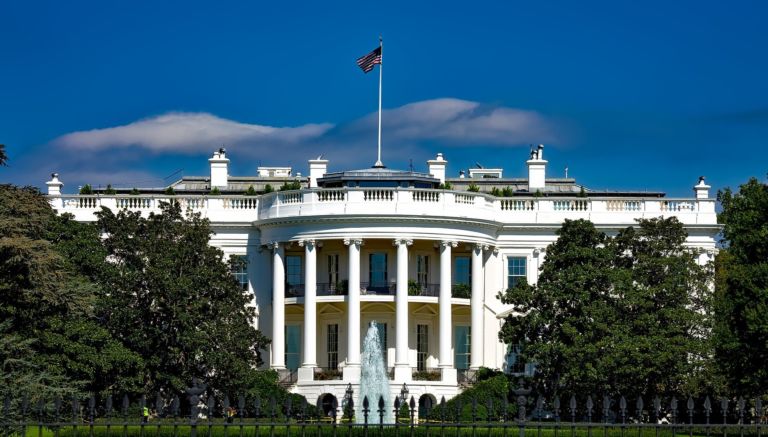Kris Kobach writes for the Washington Free Beacon about opposition to a bad Biden administration policy.
President Andrew Jackson famously said of an 1832 Supreme Court decision concerning Cherokee lands, “John Marshall has made his decision; now let him enforce it.” Jackson proceeded to ignore the Court’s decision.
While the notion that presidents could simply ignore the Supreme Court would die after the Civil War, President Joe Biden is attempting to revive it.
Last summer, the Court struck down Biden’s student loan forgiveness program in a 6-3 decision, holding that it violated federal law. But desperate to motivate young voters in the November election, Biden is pressing ahead anyway: Last week, he announced a modified version of the loan forgiveness program, boasting, “The Supreme Court blocked it, but that didn’t stop me.”
The new plan is slightly smaller than the old one—$138 billion vs. $430 billion—but just as illegal. Last time, the attorneys general of six states—Kansas, Nebraska, Missouri, Iowa, Arkansas, and South Carolina—banded together to sue the Biden administration, taking the case all the way to the Supreme Court. We won. This time, Kansas will take the lead in suing the administration, and we intend to win again.
The law simply does not allow Biden to do what he wants to do. Congress created the student loan system with the Higher Education Act of 1965. The act clearly addressed the possibility of forgiving or reducing student loans. The Supreme Court noted only four scenarios where borrowers can have their loans forgiven: (1) borrowers who are public servants, (2) borrowers permanently disabled and unable to work, (3) borrowers who go bankrupt, and (4) borrowers who were effectively swindled by their schools.
But the Biden administration’s new plan extends partial or total loan forgiveness to the vast majority of borrowers, people who are not included in the limited categories established by Congress.


